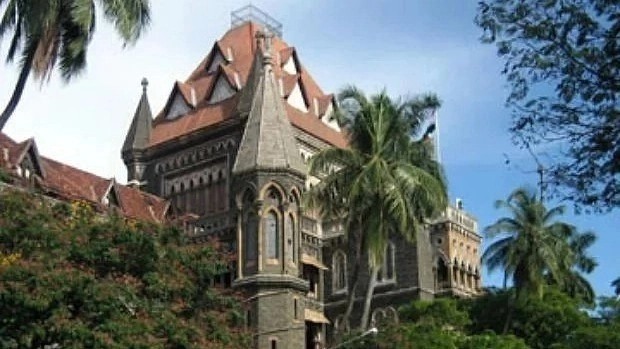Mumbai: The Bombay High Court recently held that a wife filing a false complaint against her husband solely to “correct his behaviour” constitutes cruelty under the Hindu Marriage Act, 1955. The court noted that such a behaviour would find no place in the harmonious relations of mutual trust, respect, and affection, a married couple would normally maintain.
A bench of Justices Girish Kulkarni and Advait Sethna upheld a Family Court’s (FC) decision of March 5, 2018, to grant the husband a divorce, citing the mental cruelty caused by the wife’s false allegations against him and his family.
The court observed that the woman’s admission — she filed the criminal case under Section 498A (cruelty) of the Indian Penal Code not to seek punishment but to compel her husband to change his behaviour — was significant.
The bench remarked, “We may observe that the husband and his family members being subjected to false criminal proceedings and the ordeal of such serious charges being faced by them, that too for the reason that the wife wanted to correct the behaviour of the husband, would find no place in the harmonious relations of mutual trust, respect, and affection, a married couple would normally maintain.”
The judges emphasised that once a spouse resorts to a false prosecution, it signifies a loss of reasonableness and rationality needed to uphold the sanctity of marriage.
“Once there is a dent to such essential values, on the foundation of which a marriage rests, by a false and draconian action of a criminal prosecution being resorted to by either spouse, it is in the realm of cruelty which would be a ground for divorce under Section 13(1)(i-a) of the Hindu Marriage Act,” the court added.
The HC dismissed the woman’s appeal against the FC’s divorce decree noting that there “perversity much less any illegality” in the lower court’s order. The FC had noted that the woman’s prosecution was baseless, causing undue harassment and stigma to the husband and his family.
The judges agreed with the FC, highlighting the significant social stigma and suffering endured by the husband and his relatives. “The Judge of the Family Court is, therefore, correct in his observations that a strong case for divorce on the ground of cruelty was made out by the husband,” the bench concluded.
While the woman challenged the divorce decree, the court noted that the man had remarried, as there was no stay on the FC’s order. Thus, the High Court deemed the wife’s appeal “academic,” as the second marriage could not be invalidated in the present proceedings.
The couple married in 2006. After staying together for a few months, the woman left the matrimonial home alleging cruelty by her husband and his family. The man , in order to save the marriage, agreed to live separately from his family and rented a flat. However, the woman filed false criminal case, which was dismissed by the magistrate and the sessions court.
